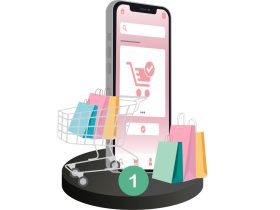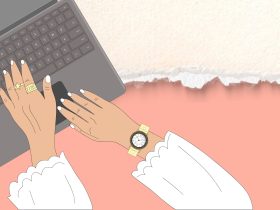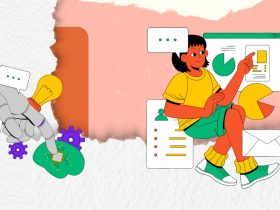What if the app that promised women safety became the reason they no longer felt safe online?
The Tea app leak has shaken the digital world. Hailed as a revolutionary safety tool for women, Tea suffered a catastrophic breach that exposed not only personal data, but deeper tensions around online accountability and gender dynamics.

What Is Tea, and Why Did the Breach Shock the World?
Tea is a US-based app for women, designed by Sean Cook after witnessing his mother’s dangerous online dating experiences. Women can review men anonymously, flag red flags, and run background checks – all features usually missing from a regular dating app for women. It functions as a digital whisper network—helping users protect one another.
Downloads soared past 2 million in July 2025, briefly making Tea the most popular free app in the App Store. For most women turned into users, it was the long-overdue response to the emotional and physical risks of modern dating.

What Happened in the Tea App Hack?
Between July 25–29, reports confirmed what users feared most: the Tea app had been hacked. The Tea app data breach exposed more than 72,000 images, including 13,000 government-issued ID verification photos that the app had promised to delete. Worse still, a second breach later revealed that over 1.1 million private direct messages were accessible, some containing real names, contact info, and highly sensitive personal details.
NBC News reported that hackers first targeted a database from over two years ago, which Tea claims was stored for legal compliance reasons around cyberbullying. But the breach quickly evolved into something uglier.
On anonymous forums like 4chan, users began sharing Tea’s user data, mocking and doxxing women. Some even built ranking websites and location maps, designed specifically to humiliate and endanger users. What started as a “safety app” turned into a digital nightmare.

Why This Leak Matters
Here’s why the Tea app hack strikes a nerve:
- Betrayal of Trust: Users trusted Tea with their identities—literally. Uploading selfies and government IDs for verification wasn’t optional.
- Violation of Women’s Digital Autonomy: Tea aimed to give women power in a dating landscape that often renders them vulnerable. The hack weaponized that power against them.
- Toxic Online Backlash: The leak didn’t happen in a vacuum. It was actively encouraged and celebrated in misogynistic online spaces. The Atlantic described it as a wave of “male rage” that targeted women for daring to protect themselves.
Tech That Protects—Or Exposes?
Tea’s intention was noble. But intentions don’t encrypt data, and virality doesn’t equal invincibility.
Even the app’s strong measures—screenshot blocks, anonymous usernames—weren’t enough to safeguard against systemic vulnerabilities. The platform failed to anticipate just how hostile the internet can be to women’s spaces.
What Happens Now?
Tea claims it’s working “around the clock” with cybersecurity experts and has taken the affected systems offline, its direct messaging feature has been suspended indefinitely. It’s also offering free identity protection services to affected users.

5 Key Lessons from the Tea App Data Breach
- Verification data must never be stored indefinitely – even “temporary” retention creates long-term risk.
- Safety apps need better safety themselves – strong encryption and ethical infrastructure are non-negotiable.
- Community platforms for women attract backlash – and developers must plan for targeted harassment.
- Transparency builds credibility – public trust depends on timely, honest communication.
- Safety isn’t just a feature—it’s a value – and should be treated as such from day one.
Our Take: Beyond the Headlines
We live in a time when dating apps shape not only relationships, but personal safety. Tea tried to do something radical—give women the tools to vet, report, and connect based on real experience. It was bold. It was controversial. It was necessary.
But safety isn’t just about who you date. It’s about how your data is handled. And here, Tea failed.
Will Tea recover? Maybe. Will users feel safe again? That’s harder to say.
What’s certain is this: in a world where apps promise protection, there must be more accountability, more humility—and much, much better cybersecurity.
My Take — as a woman who’s been there
After my divorce, I’ve used dating apps. I’ve met the liars, the married men, the ones with blurry morals. I’ve felt that deep disappointment and the full-body dread after realizing someone isn’t who they said they were.
So when I first heard about Tea, I thought: finally. A space where women could look out for each other.
But then came the hack.
What enrages me most is not just that data was stolen. It’s who celebrated it. The forums full of men mocking the women whose faces and fears were leaked.
It’s 2025, and still, a woman trying to protect herself is treated like a threat.
The app wasn’t perfect. Whisper networks rarely are. But the women using it weren’t playing games. They were trying to stay safe. They were trying to protect others.
And that, apparently, was enough to make them targets.
Summary
The Tea app leak is more than a cybersecurity incident. It’s a wake-up call. As the dating safety app for women gains traction, it must also take responsibility for protecting the very users it aimed to empower. Trust is fragile. And once it’s gone, it’s hard to rebuild.
FAQ – The Tea App Leak, in Plain Terms
1. What was the Tea app, and why did it matter?
Tea was a women-only safety app that let users anonymously review men, flag red flags, and run background checks—so women could help protect each other while dating.
2. What happened in the breach?
In July 2025, hackers leaked over 72,000 images—including 13,000 ID selfies—and more than a million private messages filled with sensitive, personal info.
3. Why was this so serious?
Because women trusted Tea to keep them safe. Instead, their private data ended up on toxic forums, where it was mocked, exposed, and misused.
4. What is Tea doing now?
Messaging was shut down. The company is working with experts and law enforcement and offering free identity protection to affected users.
5. What can we learn from this?
Safety tech must actually be safe. That means strong data protection, transparency, and treating women’s trust as something sacred—not optional.















Leave a Review